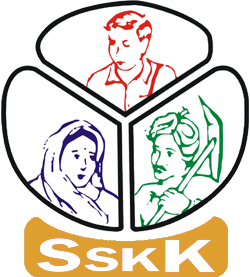Training and Education
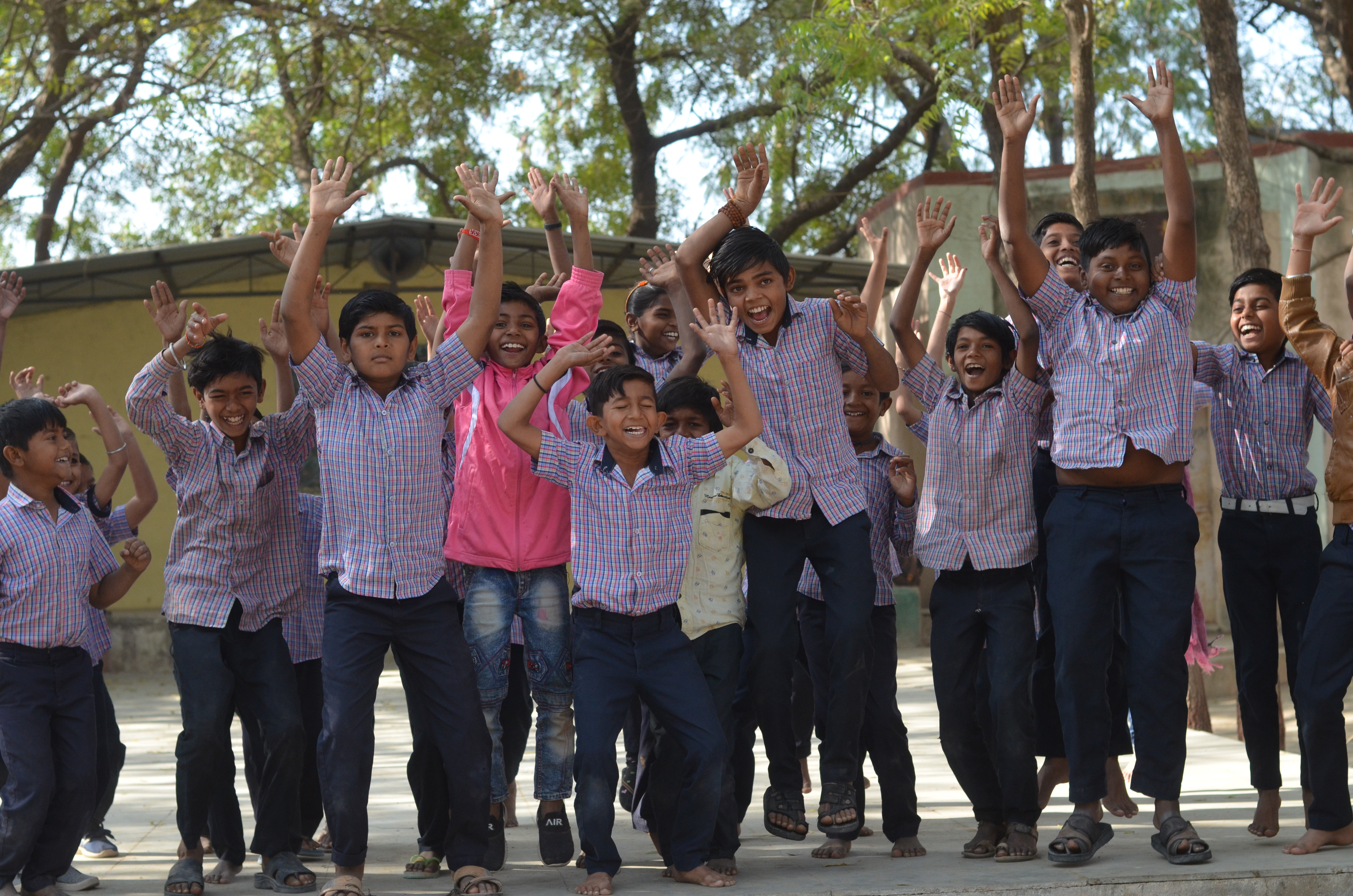

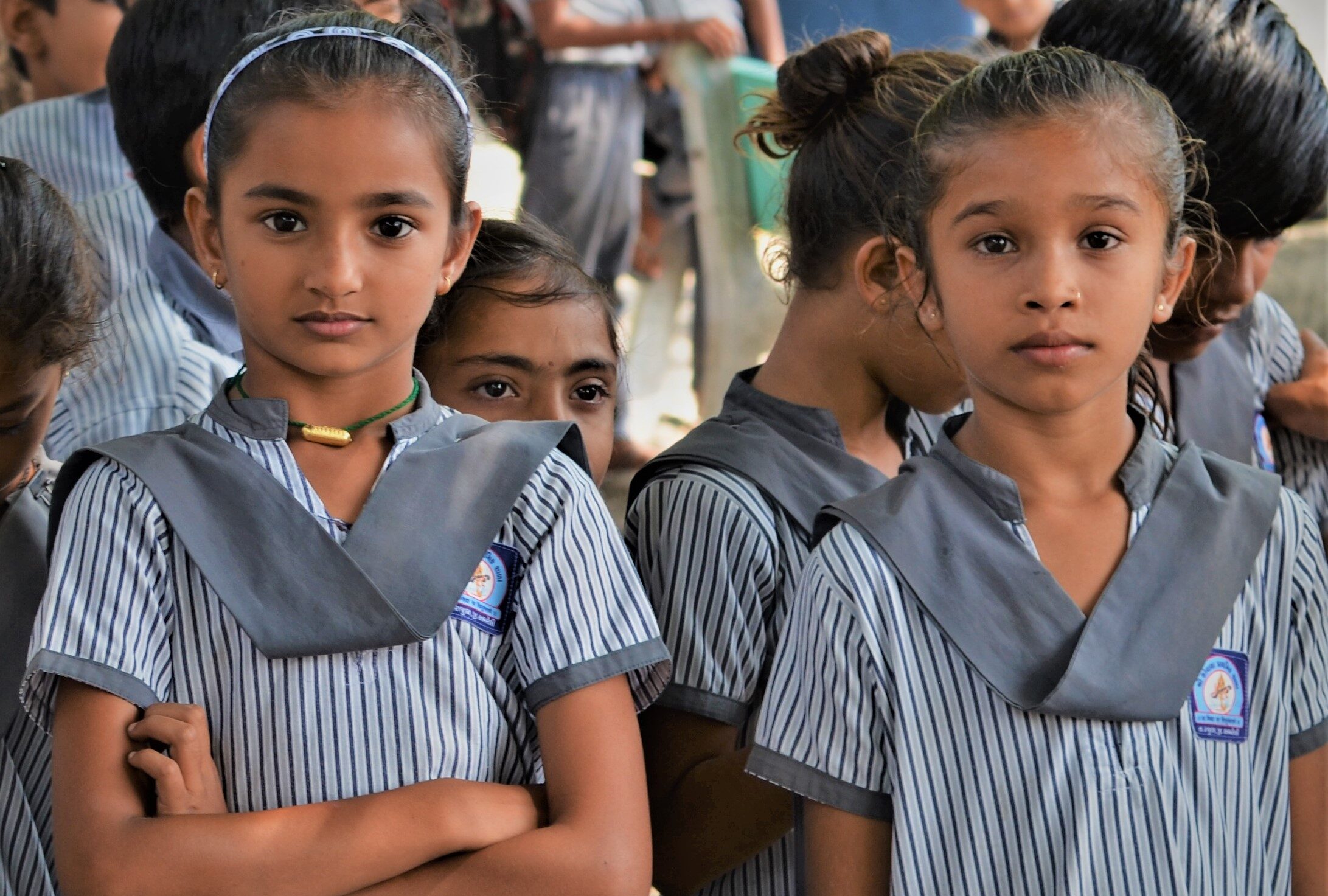
When it comes to Training and education, we emphasize on knowledge sharing, capacity building, and skill development across various dimensions where we are serving. SSKK aims to open new directions and ways of thinking by providing educational training where we focus keenly on the development of women, children, farmers, and youth.
SSKK has been actively working in this area for the last 42 years and has imbibed this thought very early on in our vision.
Implementing the Programs:
So by implementing ChildLine 1098 and Learning and Migration Program SSKK is aiming to reduce societal inequalities rooted in poverty by helping young children from disadvantaged backgrounds with a more equitable start in life and a foundation for further growth.
This is especially important for those living in rural areas. The major thrust is on facilitating the communities to access as well as receive quality education.
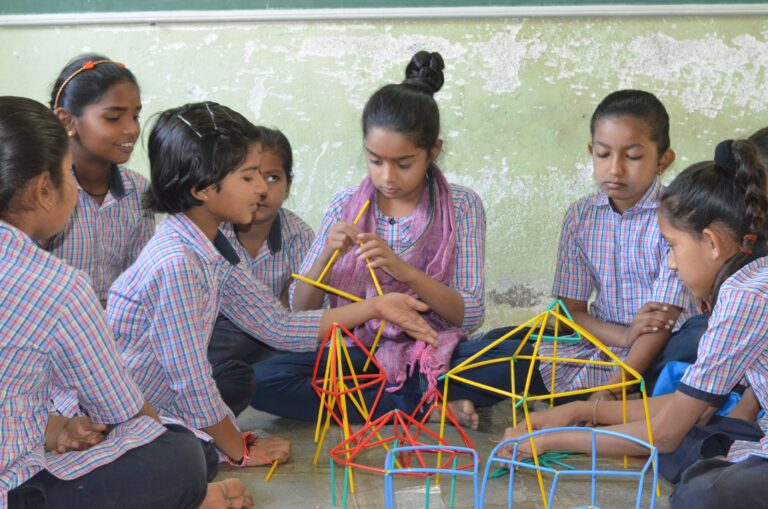
1. Improving Quality Education: Learning and Migration Program
The Learning and Migration Program (LAMP), focuses on the education of children affected by seasonal distress migration undertaken by their families. LAPM program was launched and introduced by American India Foundation – AIF in 2004. Read more here
Shikshan ane Samaj Kalyan Kendra joined hands with AIF and started to implement LAMP in the year December 2013. For last 9 years, we have empowered the lives 4050 children by reaching 150+ villages of Amreli district.
Amreli district is one of the 33 administrative districts of the state of Gujarat in western India and it is an industrially backward area. For livelihoods, majorly the population is dependent on agriculture-based activities.
People of rural and urban areas of the taluka have unique social, economic, cultural, and religious status. Some parts of Babara and Amreli block have hilly areas. People from this area are migrating for their livelihood to other areas. At the same time, there are agriculture laborers from other parts of Gujarat who migrate to Amreli to get labor work.
OBC community is large in number in Babara block and for their cattle grazing purpose they are migrating in South Gujarat and sometimes in North Gujarat with their family for about seven months.
- Frequent migration of these communities causes the worst effect on their children’s education. Due to hunger and livelihood crises, parents do not have time for their children. To support their family from an early age, children started working to earn money, which resulted in a lack of knowledge.
- To address these issues and indulge them within the mainstream requires empowering them with proper education. To achieve this jointly efforts was required from School Management Committees, Panchyat Raaj Institutions, and of community members. For the community and for us Learning and Migration Program has made the path to light a lamp in the lives of 4000+ children.
Access
- Ensuring all children enroll and stay in school, especially those from migration- affected communities.
Quality
- Providing various learning tools and experiences to improve learning outcomes in the public school system.
Governance
- Increasing community ownership of education through active engagement of multiple stakeholders. Capacity building of school management committees, Panchyat Raaj Institutions and with communities.
Influencing
- Engaging with government and other agencies to promote policy and programs for the education of communities in migration-affected areas.
➤Targeting children from 3 to 16 years and Adolescent girls
➥ Running Learning Resource Centres
- Making Learning attractive
➥ Enhancing life skills of Adolescent Girls
- Formulating youth groups
➥ Remediation school readiness
- Improving the quality of learning in public schools in migration affected areas
- Improving school governance
- Implementing robust and transparent mechanisms
- Increasing the engagement of community and school management committee
➥ Ensuring temporary shelter for migrants
With the help of the Learning and Migration Program we have reached
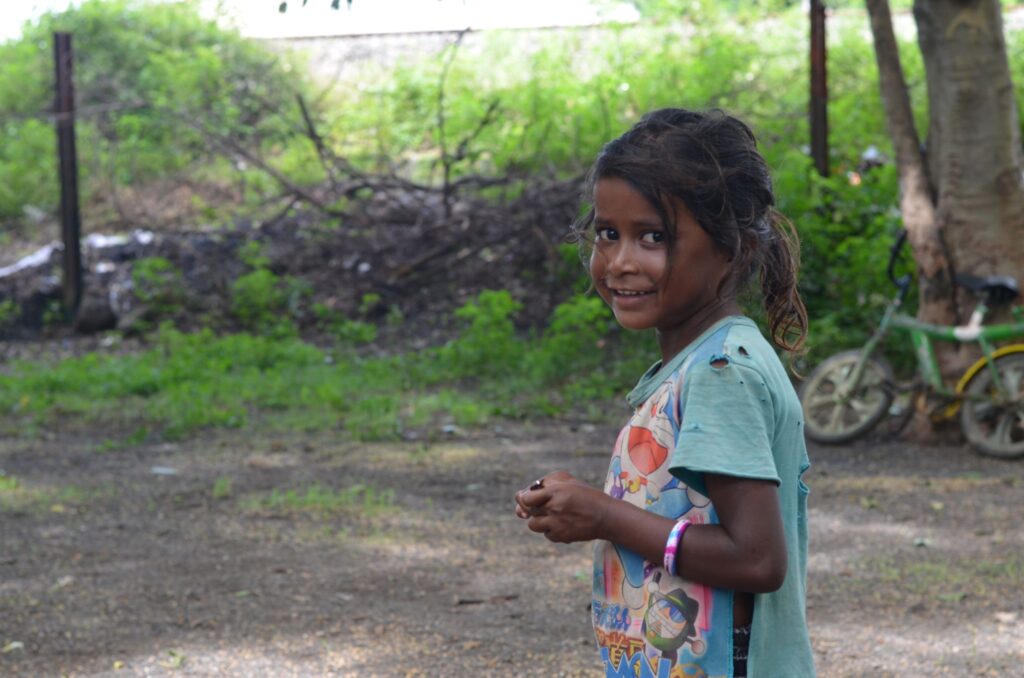
2. Childline 1098
Disclaimer Notice: With effect from 30th June 2023 the CHILDLINE operations will be handed over to the District Administration under Mission Vatsalya Scheme with reference to circular dated 13.04.2023 issued by the ministry of Women and Child Development.
Childline1098 is the India’s first 24-hour, toll-free, phone outreach service for children as it Reaches out to every child who in need of care and protection and continues to work for rights.
CHILDLINE 1098 is a phone number that spells hope for millions of children across India. It is a 24-hour a day, 365 days a year, free, emergency phone service for children who need aid and assistance. CHILDLINE 1098 not only respond to the emergency needs of children but also link them to relevant services for their long-term care and rehabilitation.
CHILDLINE India Foundation (CIF) is the nodal agency of the Union Ministry of Women and Child Development for setting up, managing and monitoring the CHILDLINE 1098 service all over the country. For this services Shikshan ane Samaj Kalyan Kendra is the Nodal Agency in implementing this program in Amreli District.
Since last three years, ChildLine 1098 Amreli has connected to (27326) a number of children across the Amreli district offering them care and protection.
To Know more Click here
- Call 1098
- Connected to Childline Center
- Rescue in 60 minute
- Intervention
- Rehabilitation and Follow Up
- Works with multiple stakeholders and authorities to address issues
With the help of the ChildLine 1098 program we have :
Received
Spread awareness to
Spread awareness to
Ended up with
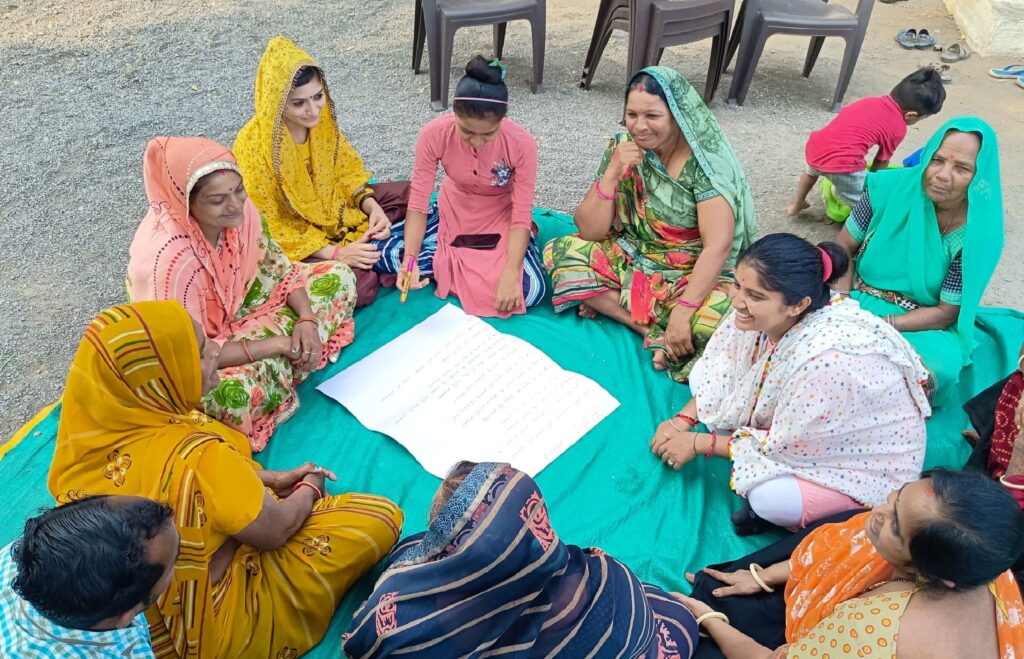
3. Piloting of making Gram Panchyat Development Plan:
The main task of the gram Panchayat includes the construction and maintenance of infrastructure, levying and collecting taxes and executing government schemes for the village. For this they need to prepare Gram Panchyat Development Plan – GPDP.
Making of GPDP is an intensive and structured exercise for planning at Gram Sabha level through convergence between Panchayati Raj Institutions (PRIs) and concerned Line Departments of the State. This needs a participatory approach of the community, needs assessment, and field observations that what are the needs, what are the available resources, and how we can develop a village development plan through maximizing convergence.
Most of the panchayats are making GPDP based on the past GPDP that was submitted in previous years but it should be made by the need assessment.
Through the coordination of the local government body, we had facilitated the planning and making of GPDP. For this intervention, we selected and made a draft GPDP of the Luvari Moli and Sultanpur villages of Gir Somnath district of Gujrat state. For this whole intervention, Unnatti and UNICEF have provided training and financial support.
- Information and data collection
- Focus Group discussion
- Field observations of existing services
- Need Assessment
- Collected feedbacks from community
- Meeting with the PRI members and various government authorities
- Initiated Gram Sabha
- Village Development Plan-First Draft
Activities That Enhance Training and Education by Addressing Various Fields:

Field and social work exposure to the youth
- Every year, students from various institutions visit us to learn about existing social and economic issues that exist, as the nation’s major population is living in at the grassroots. We strongly believe that the youth is a ray of hope for all issues as in the future, they will be going to initiate rural management, and they will going to have the power to make decisions where everyone wins. Knowing the culture and grassroots issues will make them sensitive toward vulnerable communities and to the environment.
- So far ## students have visited us and our fields, and with this, they gained insights into social dilemmas and our work to address issues.
- In the years 2021 and 2022, around 47 students from various streams like Agriculture, Public Policy, Social Work, and Rural Management experienced grassroots-level issues, and work and enriched their learning journey.
Technology Exposure Training
- At regular intervals, in Person training is conducted regularly at our office for tech upgrades as we are moving more and more towards digital. How best to spread the word about the work we are doing, is equally important for better reach. This training has helped us to adopt technology, impact many lives and work efficiently.
- The COVID Pandemic has opened up a new era of digital work and intervention in a social sector where with the staff, our targeted group, like farmers, children, and women, have also learned the various digital platforms.
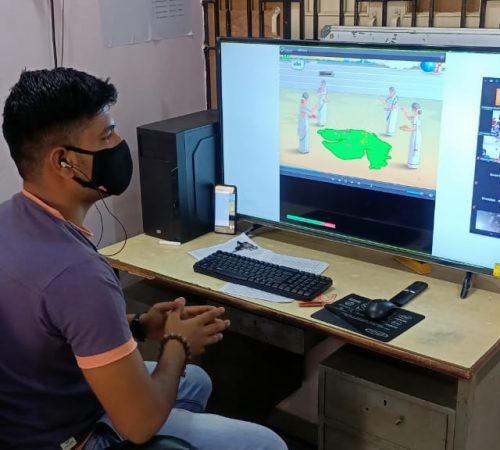
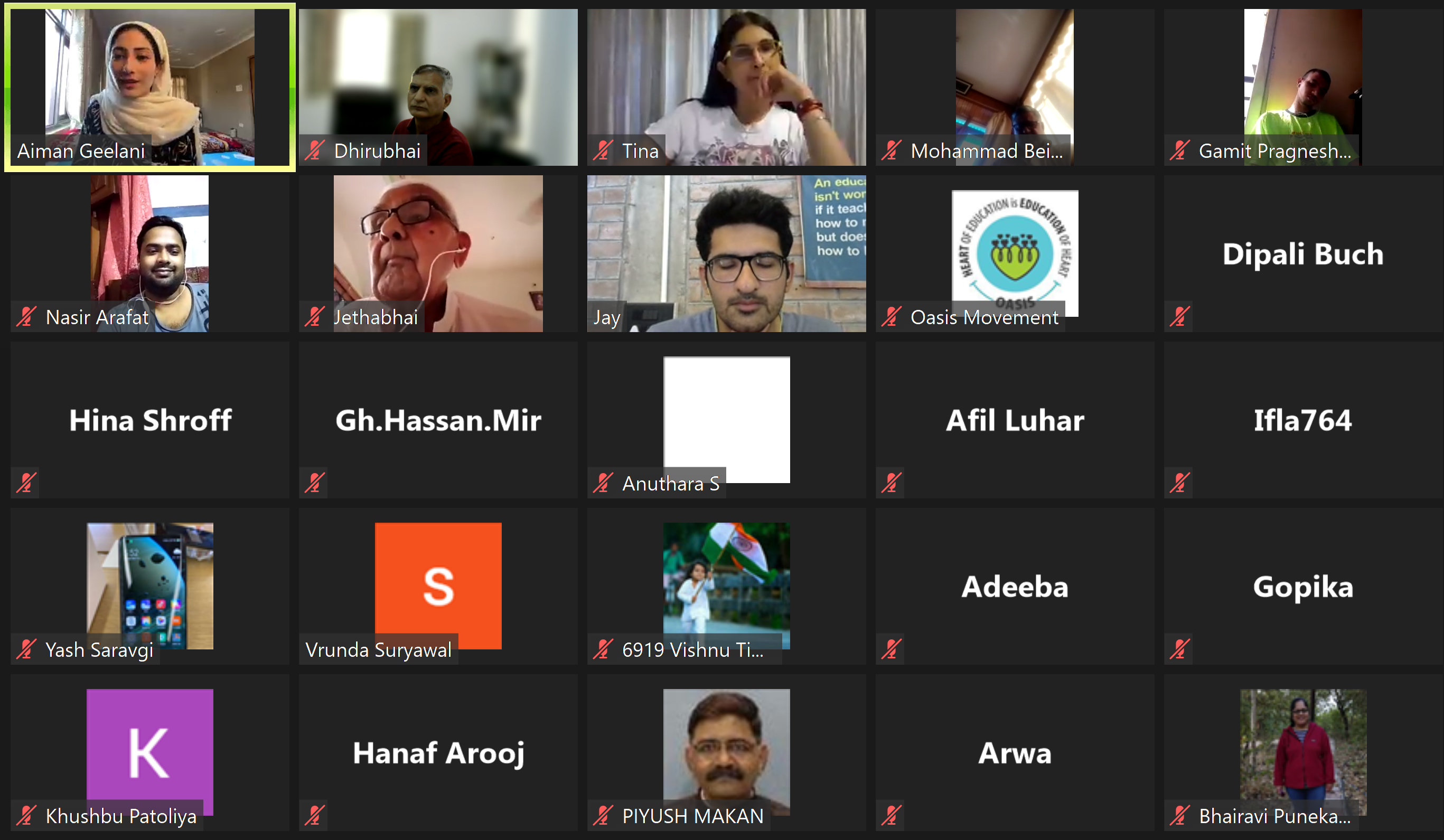
Individual Development
- To be continuously self-motivated is an essential aspect of the kind of work we have taken. To ensure this is imbibed and inculcated in each of our staff members, we regularly enable and encourage them to work towards their self-development, where they groom themselves and learn empathy, kindness, morals, and respect for every single living individual.
- Oasis movement is one such program that helps our staff to excel in their life and the work we do.
Farmers Training
- Throughout these years NABARD, BIRD, Agriculture universities, National Coalition for Natural Farming, Krishi Vigyaan Kendra, and Agricultural Technology Management Agency – ATMA has been our partners for to provide agriculture Exposure visits and training to our targeted farmers and FPO members.
- We facilitate and link the farmers to these institutions so the farmers can enhance their learning and can implement farming through various innovations, natural biopesticides/fertilizers, irrigation systems, areas of farming in animal husbandry, and updated agriculture inputs/equipment.
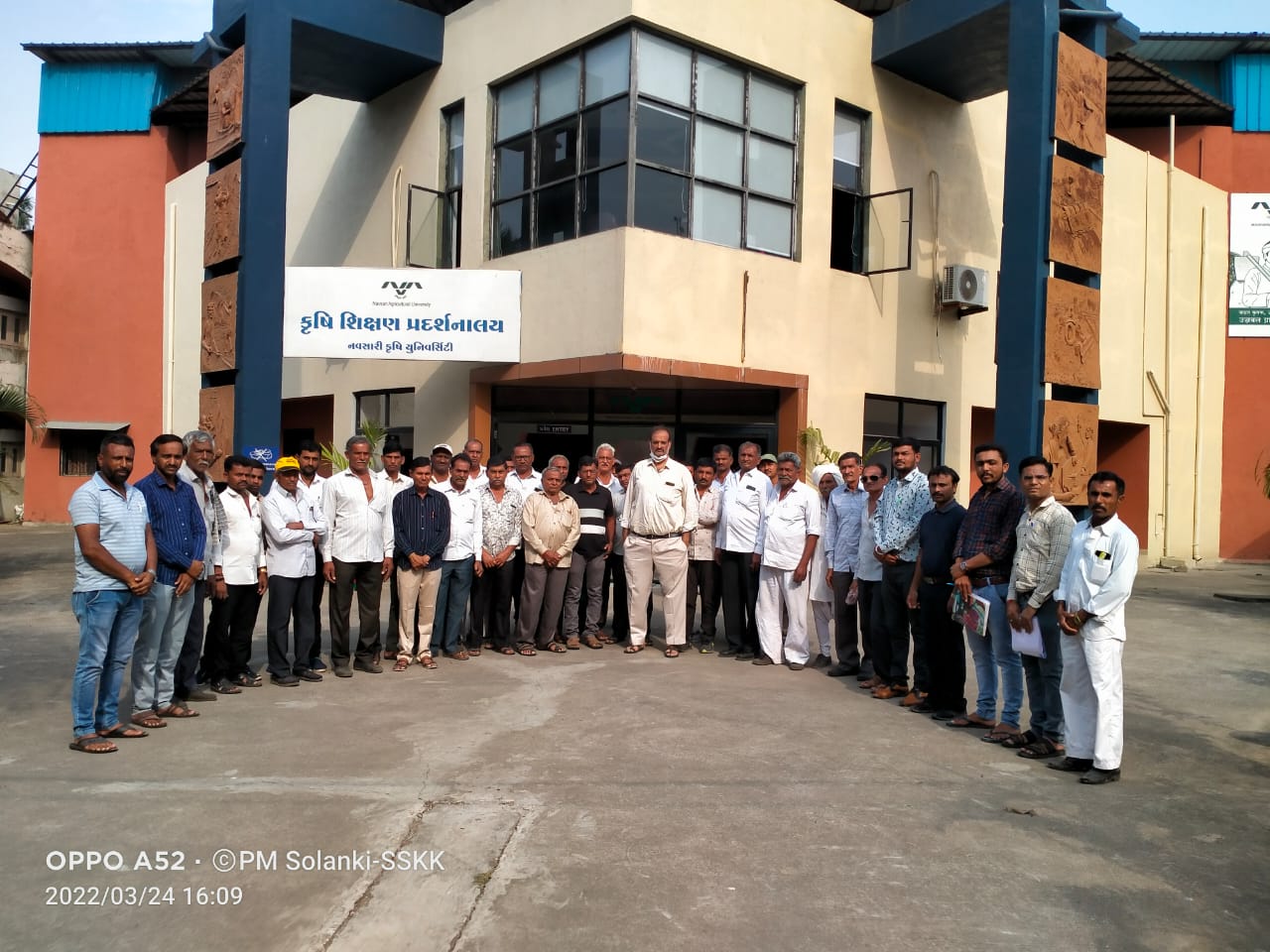
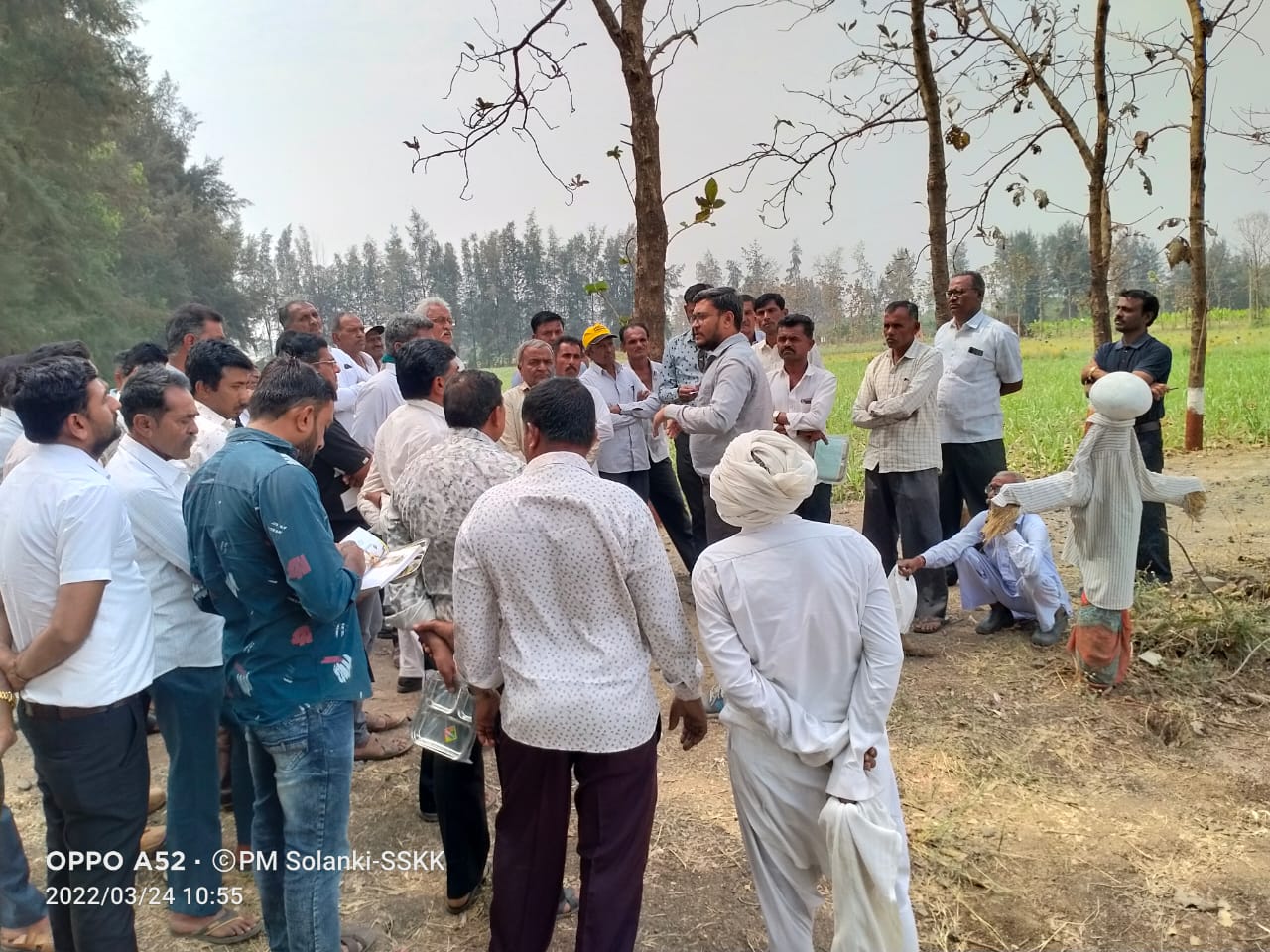
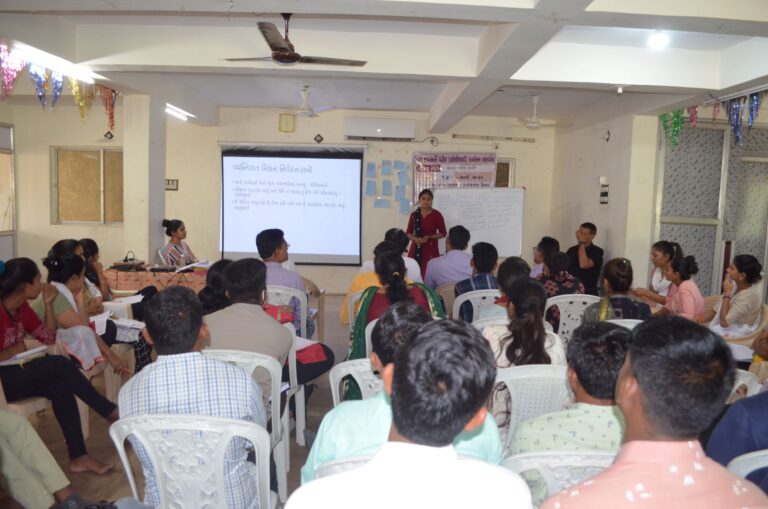
Staff Capacity Building
- We conduct various training for the staff, so they can groom their vocational, interpersonal, and program implementation skills.
